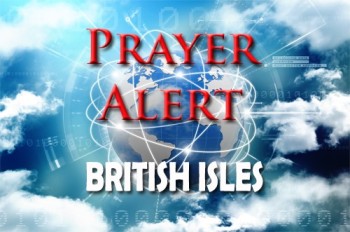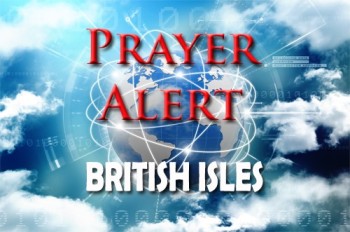Displaying items by tag: Palestine Action
67 people charged over Palestine Action support
The Metropolitan Police have confirmed that 67 people have been charged under section 13 of the Terrorism Act for allegedly showing support for Palestine Action, a proscribed organisation. Those charged, aged between 21 and 83, were arrested during central London protests on 5 and 12 July. They face a maximum sentence of six months’ imprisonment and are due to appear for trial in September and October. Since the group’s proscription on 5 July, more than 700 arrests have been made nationwide. Critics argue the ban infringes free speech, but Yvette Cooper insists Palestine Action has been responsible for serious crimes, including aggravated burglary and violent disorder. Commander Dominic Murphy rejected claims that protests had stretched police resources, stressing that law enforcement remained robust. The group has been granted permission to challenge the ban in the High Court in November, setting up a legal battle over the boundaries between protest and terrorism.
MPs vote to proscribe Palestine Action
MPs have voted overwhelmingly to proscribe Palestine Action as a terrorist organisation under the Terrorism Act 2000, with 385 in favour and 26 against. Home secretary Yvette Cooper defended the move, stating that violence and serious criminal damage have no place in legitimate protest. Critics, however, warn that the decision could chill free expression, likening it to punishing suffragette-style activism. The move follows incidents such as activists vandalising planes at RAF Brize Norton and blockading defence firm Elbit Systems, aiming to disrupt UK arms links to Israel. Protesters outside Parliament condemned the Government for hypocrisy and accused it of suppressing effective dissent. Palestine Action insists its tactics, though disruptive, are non-violent and necessary to oppose alleged human rights abuses in Gaza. However, once the ban is approved by the House of Lords, membership or support of the group could carry prison sentences of up to fourteen years. The decision has sparked fierce debate over balancing security and civil liberties.

